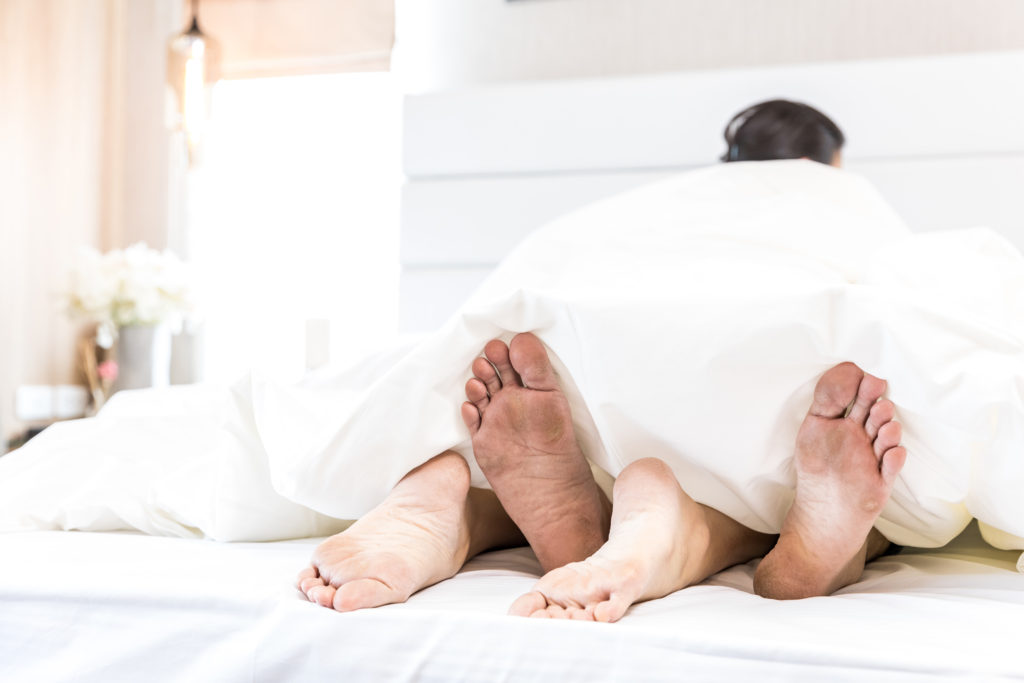Worried you might have an STI? Not quite sure what to do? Let us help.
Here’s some information about Chlamydia and what our qualified GPs can offer to you!
What is Chlamydia?
Chlamydia is one of the most common sexually transmitted infections (STIs) in the UK.
Chlamydia is a bacterial infection. The bacteria are usually spread through sex or contact with infected genital fluids (semen or vaginal fluid).
It’s passed on through unprotected sex (sex without a condom) and is particularly common in sexually active teenagers and young adults.
If you live in England, are under 25 and are sexually active, it’s recommended that you get tested for chlamydia every year or when you change sexual partner.
| KEY TIP: At Gogodoc, we provide completely confidential STI testing services. Worried about visiting a GUM clinic or a GP? Simply order one of our kits, perform the test at home with easy to follow steps and then let us help you interpret the results over a FREE consultation! |
Causes
You can get chlamydia through:
- Unprotected vaginal, anal or oral sex
- Sharing sex toys that aren’t washed or covered with a new condom each time they’re used
- Infected semen or vaginal fluid getting into your eye
- From a pregnant woman to her baby.
Chlamydia can’t be passed on through casual contact, such as kissing and hugging, or from sharing baths, towels, swimming pools, toilet seats or cutlery.
Symptoms
Most people with chlamydia don’t notice any symptoms and don’t know they have it.
If you do develop symptoms, you may experience:
- Pain when peeing
- Unusual discharge from the vagina, penis or rectum (back passage)
- In women, pain in the tummy, bleeding after sex and bleeding between periods
- In men, pain and swelling in the testicles
Treatment
Chlamydia can usually be treated easily with antibiotics. You will be given some tablets to take all on 1 day, or a longer course of capsules to take for a week.
You shouldn’t have sex until you and your current sexual partner have finished treatment.
If you had the 1-day course of treatment, you should avoid having sex for a week afterwards.
It’s important that your current sexual partner and any other recent sexual partners you’ve had are also tested and treated to help stop the spread of the infection.
|
A doctor at your doorstep. Download our app and request a doctor. You don’t have to leave the comfort of your home, office, gym or where ever you may be, our highly experienced GP’s will come straight to you. Currently between zones 1 to 4.
|
References:


